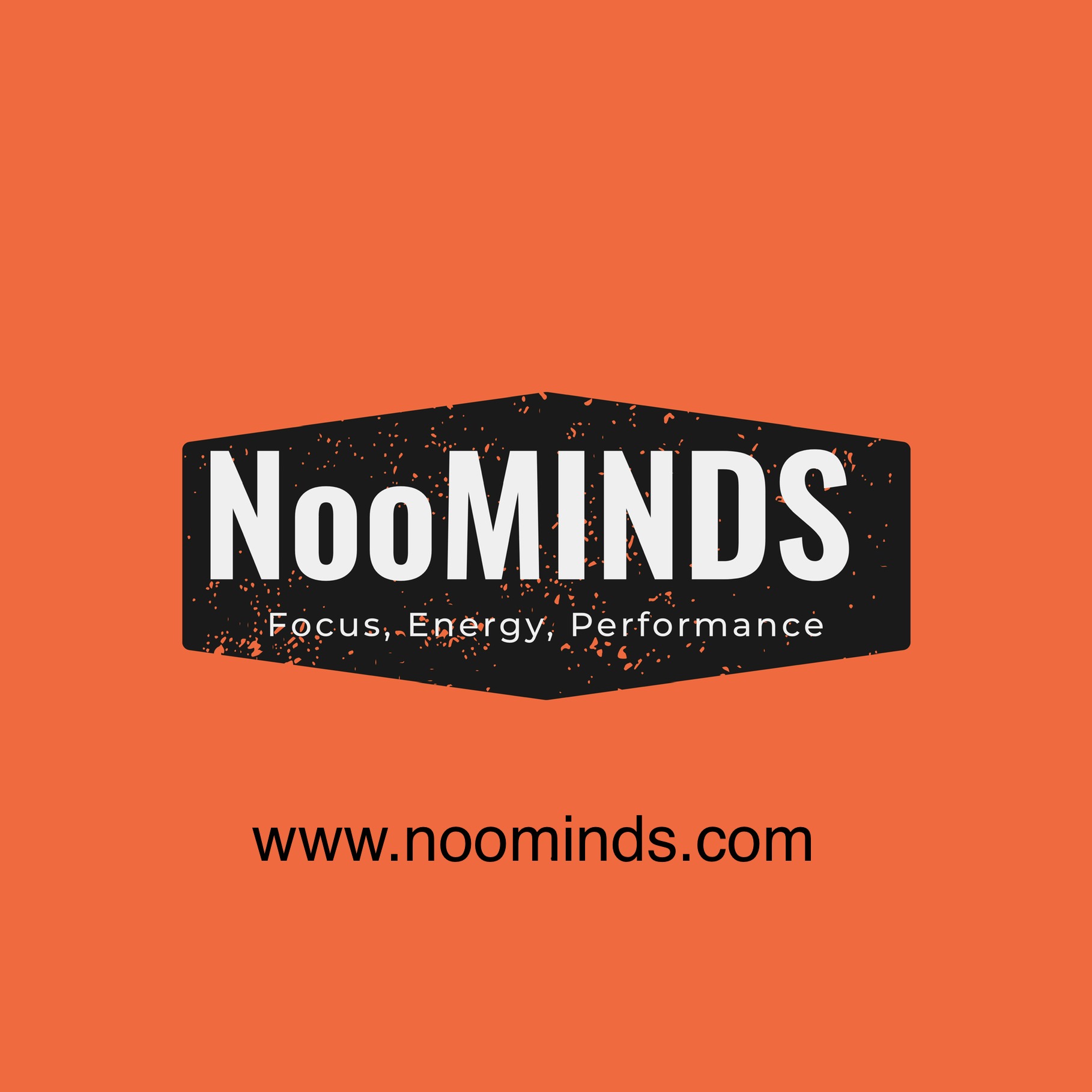Key Tips for Optimizing Nutrition During Endurance Training
- Craig Elliott
- Aug 18
- 4 min read
Endurance training demands a lot from the body. To perform at your best and recover efficiently, nutrition plays a crucial role. Proper fuel helps maintain energy levels, supports muscle repair, and enhances overall performance. This guide will walk you through essential tips to optimise your nutrition during endurance training, ensuring you get the most out of every session.
Understanding the Basics of Endurance Nutrition
Endurance nutrition focuses on providing the body with the right balance of macronutrients and micronutrients to sustain prolonged physical activity. Carbohydrates, proteins, and fats all have specific roles in supporting endurance athletes.
Carbohydrates are the primary energy source during endurance exercise. They are stored as glycogen in muscles and the liver.
Proteins help repair muscle tissue and support recovery.
Fats provide a secondary energy source, especially during longer, lower-intensity sessions.
Hydration is equally important. Dehydration can impair performance and delay recovery. Drinking water and electrolyte-rich fluids before, during, and after training is essential.
Practical Tips for Daily Nutrition
Eat a balanced diet rich in whole grains, lean proteins, healthy fats, and plenty of fruits and vegetables.
Prioritise complex carbohydrates like oats, brown rice, and sweet potatoes for sustained energy.
Include protein sources such as chicken, fish, beans, and dairy to aid muscle repair.
Stay hydrated by drinking at least 2-3 litres of water daily, adjusting for sweat loss during training.

How to Fuel Before, During, and After Training
Timing your nutrition around training sessions can significantly impact your performance and recovery.
Pre-Training Nutrition
Eating the right foods 2-3 hours before training helps top up glycogen stores and prevents hunger during exercise. Focus on:
Carbohydrates: A bowl of porridge with banana or a sandwich with lean protein.
Moderate protein: Helps sustain energy without causing digestive discomfort.
Avoid high-fat and high-fibre foods close to training to prevent stomach upset.
During Training
For sessions lasting longer than 60 minutes, refuelling during exercise is important to maintain energy levels.
Consume 30-60 grams of carbohydrates per hour through sports drinks, gels, or easily digestible snacks.
Stay hydrated with water or electrolyte drinks to replace lost fluids and minerals.
Post-Training Recovery
Recovery nutrition should focus on replenishing glycogen and repairing muscles.
Aim to eat within 30-60 minutes after training.
Include carbohydrates and protein in a 3:1 or 4:1 ratio (carbs to protein).
Examples: Chocolate milk, a smoothie with fruit and protein powder, or chicken with rice and vegetables.

What is the 4 2 1 Rule for Athletes?
The 4 2 1 rule is a simple guideline to help athletes balance their macronutrient intake for optimal performance and recovery.
4 parts carbohydrates: The main energy source for endurance activities.
2 parts protein: Supports muscle repair and recovery.
1 part fat: Provides sustained energy and supports overall health.
This ratio can be applied to meals and snacks throughout the day to ensure a balanced diet that meets the demands of endurance training.
Applying the 4 2 1 Rule
For example, a meal could include:
4 servings of carbohydrates: Brown rice, quinoa, or whole wheat pasta.
2 servings of protein: Grilled chicken, tofu, or lentils.
1 serving of healthy fat: Avocado, olive oil, or nuts.
This approach helps maintain energy levels, supports muscle growth, and keeps you feeling satisfied.

Importance of Micronutrients and Hydration
Micronutrients such as vitamins and minerals play a vital role in energy production, muscle function, and immune health. Key nutrients for endurance athletes include:
Iron: Essential for oxygen transport in the blood.
Calcium and Vitamin D: Support bone health.
Magnesium and Potassium: Help with muscle contraction and prevent cramps.
Antioxidants (Vitamins C and E): Reduce oxidative stress from intense training.
Hydration Strategies
Drink fluids regularly throughout the day.
Use electrolyte drinks during long sessions to replace sodium, potassium, and magnesium.
Monitor urine colour as a simple hydration indicator - pale yellow is ideal.
Incorporating a variety of colourful fruits and vegetables will help meet micronutrient needs naturally.
Practical Meal and Snack Ideas for Endurance Training
Planning meals and snacks around your training schedule can make nutrition easier and more effective.
Breakfast Ideas
Oatmeal topped with berries, nuts, and a drizzle of honey.
Whole grain toast with peanut butter and sliced banana.
Greek yoghurt with granola and fruit.
Snacks for Training Days
Energy bars or gels during long sessions.
A banana or apple with a handful of almonds.
Rice cakes with hummus or avocado.
Dinner Options
Grilled salmon with quinoa and steamed vegetables.
Stir-fried tofu with brown rice and mixed greens.
Chicken and sweet potato with a side salad.
Sample Daily Meal Plan
| Meal | Food Example | Macronutrient Focus |
|------------|-----------------------------------------------|-----------------------------|
| Breakfast | Porridge with banana and chia seeds | Carbs + healthy fats |
| Snack | Apple and peanut butter | Carbs + protein |
| Lunch | Whole wheat pasta with chicken and tomato sauce | Carbs + protein |
| Snack | Energy bar or smoothie | Carbs + protein |
| Dinner | Baked salmon, quinoa, and broccoli | Protein + carbs + fats |
| Evening | Greek yoghurt with honey | Protein + carbs |
Enhancing Performance with Smart Nutrition Choices
Optimising nutrition is not just about what you eat but also how you listen to your body. Keep a training and nutrition journal to track what works best for you. Adjust your intake based on training intensity, duration, and how you feel.
For personalised advice and detailed plans, consider consulting resources focused on endurance athlete nutrition.
By following these key tips, you can fuel your body effectively, improve endurance, and enjoy your training journey to the fullest.




Comments